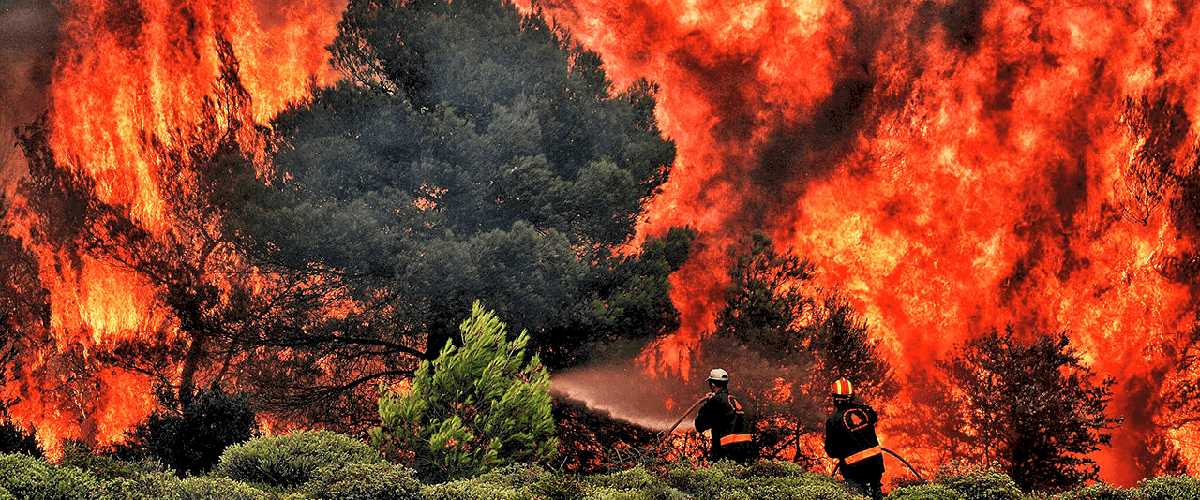Summer is here. And with it, comes a new wave of dry heat. While that sounds better than a wet, cold season, it comes with a different kind of risk: wildfires.
The most common cause of wildfires are from high heat and dry spells in wooded areas like forests. Dried up plantlife burns easily, so when a small fire starts, whether it’s a campfire or a tossed out cigarette butt, it can quickly grow out of control. We saw some of the worst of this last year with the Australian wildfires, where millions of animals lost their homes and countless acres of land were destroyed.
But you don’t have to just sit and wait for the worst. There are things you and your family can do to help protect yourself in the event of a wildfire.
1. Don’t Be Afraid to Evacuate.
The idea of leaving everything behind to be destroyed might sound bad. But frankly speaking, dying sounds a bit worse. If the local government or fire department is telling your area to evacuate. Do it. This can be made easier by having an evacuation plan set up before it happens. Figure out where you could stay. Ensure that you have enough money set aside to stay out of town for a while. This way, when worse comes to worse, you have somewhere to go.
Keep in mind that evacuation doesn’t always mean forfeiting your home. Many homes turn out fine in events like this. The idea of evacuating is to remove yourself from that risk, just in case the fires DO spread.
2. Learn About PACE
This stands for Primary Alternate Emergency Contingency. This means that for every plan you have, have three more. The primary plan is the main idea. An alternate plan is if something disrupts the original plan. Emergency is when something happens that requires immediate attention, such as an injury. And lastly, contingency is for problems that may hinder but not an emergency. This could be a flat tire, car trouble, lost your wallet, ect. When establishing an important plan like evacuating, use the PACE method.
3. Have Anti-Fire Equipment
We don’t expect you to fight a full blown wildfire. But you can prevent any fires you start or are around the start of. On a basic level, this means a fire extinguisher. Every home should have one. And you should pack one whenever camping out and plan on having a campfire. Just remember that there are three types of extinguishers, A B and C. Each one is made to put out fires made from grease/oil, electrical, and wood fires accordingly. Ensure these are easily accessible in case of emergencies.
Make sure you’re stocked up on burn ointment and other medical supplies, as well. In case someone gets burned.
4. Have a Reliable Radio with National Weather
When it comes to emergencies, being informed is the most important thing. While we have smartphones and wireless internet now, these forms of communication can become interrupted. One of the most reliable methods of information is radio signals. Ergo, you can trust that up to date reports on any local fires will be reported on by the National Weather organization. Ideally, you should have a radio that can be crank powered or easily recharged from outlets and cars. This way you can ensure functionality no matter the situation.
5. Talk to the Fire Department
We mean it. These are men and women who are both skilled and knowledgeable about both fire safety and emergency responses to fires. They’ll be able to tell you everything you need to know about general fire safety, as well as some valuable nuggets of wisdom that the general population may not be aware of. If you’re lucky, the person you talk to will even be excited to share their knowledge with others.

